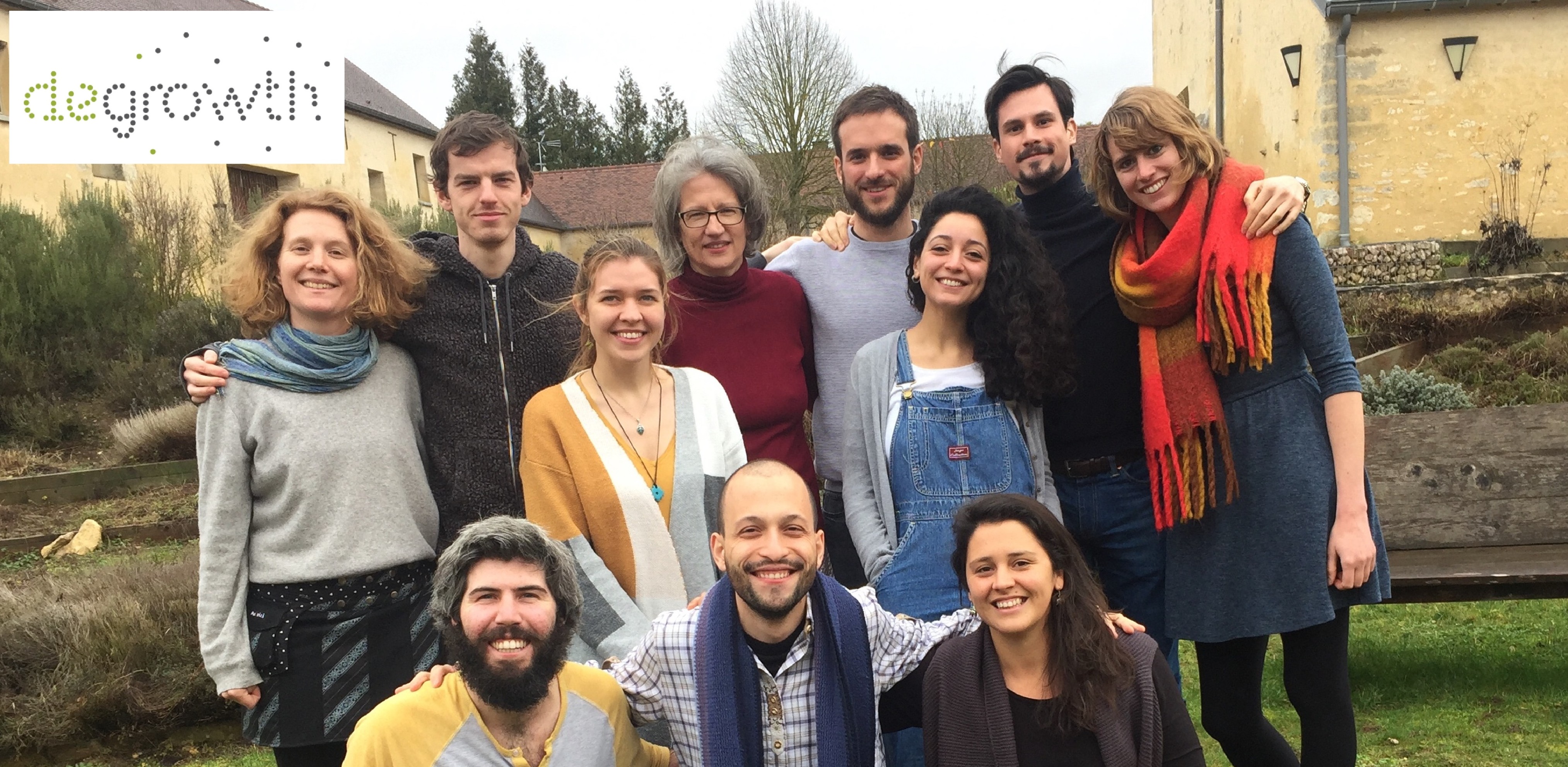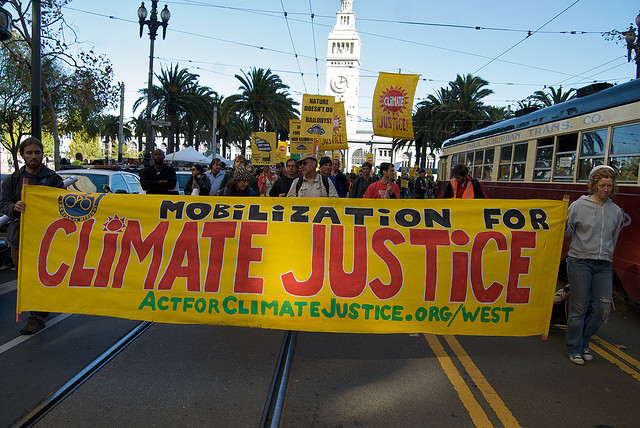My colleagues and I wrote an initial blog post arguing that the question of strategy has received too little attention in the degrowth movement, and by degrowth scholars. Further, we observed that the discourse on strategy in degrowth was excessively plural, being open to all strategies in all contexts, rather than considering case-appropriateness (spatially, temporally, sectorally etc.).
Therefore, we argued that degrowth’s approach to strategy could be described as “strategic indeterminence”, accepting all strategies as valid, equal, and non-conflicting, without critically evaluating the possible tensions between strategies and inadequacies of some strategies in certain contexts . We postulate this indeterminence originates from the degrowth movement’s lack of coherent ‘goals’ (where to move towards?) and systemic understanding of transformation processes (or a theory of change). This makes it incredibly difficult to then make an informed evaluation of strategies and support practitioners in co-creating strategies for degrowth. We hope to open up more space for reflection on these important questions in order to further support and learn from practitioners, activists, and policy-makers working towards degrowth. Towards this end, we invited the degrowth community to respond to our piece and commence a dialogue. We are very excited to share the responses and grateful to the authors for their insights, support and critiques. Lastly, this series has become more relevant in the last year as a group of organizers and academics in Vienna have come together to organize a thematic conference on strategy in degrowth for 2020.
Ten-part series on Strategy in the degrowth movement
0. Beyond Visions and Projects: the need for a debate on strategy in the degrowth movement (Christoph Ambach, Nathan Barlow, Pietro Cigna, Joe Herbert, Iris Frey)
1. On strategies for socioecological transformation (Panos Petridis)
2. Before strategy, who is strategising? (Jocelyne Sze and Omar Saif)
3. Degrowth and transformation: a reflection (Christos Zografos)
4. Paving the way for post-growth policy-making: A co-creative process to advance the degrowth movement ()
5. Strategies for a degrowth transformation: How useful are historical analogies? ()
6. Strategies for Cultural Change: Degrowth and the Use of Space (Francesca Van Daele)
7. Entry Points for Transformative Politics: The Power of Unstated Premises (Timmo Krüger)
8. Building Counter-Institutions: A Call for Activism beyond Raising Awareness (Joël Foramitti)
9. From Taming to Dismantling: Degrowth and Anti-capitalist Strategy (Ekaterina Chertkovskaya)
10. Reflecting on the emerging strategy debate in the degrowth movement (Nathan Barlow and Joe Herbert)

We live in troubling times that require bold ideas and transformative solutions. For many ‘degrowth’ has become the beacon of hope that shines through the darkness, illuminating our path forward. With your help, ‘degrowth.info’ will make this light shine as bright as possible. Please support our efforts via our crowdfunding campaign. Dear friends, amigas, prijateljice, copines, přátelé, Fr...
Shortly before the start of the Climate Camp and the Degrowth Summer School, we are changing the venue of our camp. We have found an even better place in close proximity to the open cast mine Garzweiler. Further information is available here

By Christiane Kliemann Shortly before the most crucial UN climate change conference after the failure of Copenhagen, it seems that the international climate-movement is finally getting its act together: resistance against fossil fuel extraction is gaining ground and a rising global movement is putting pressure on institutions to divest their money from fossil fuels to finance renewables instea...